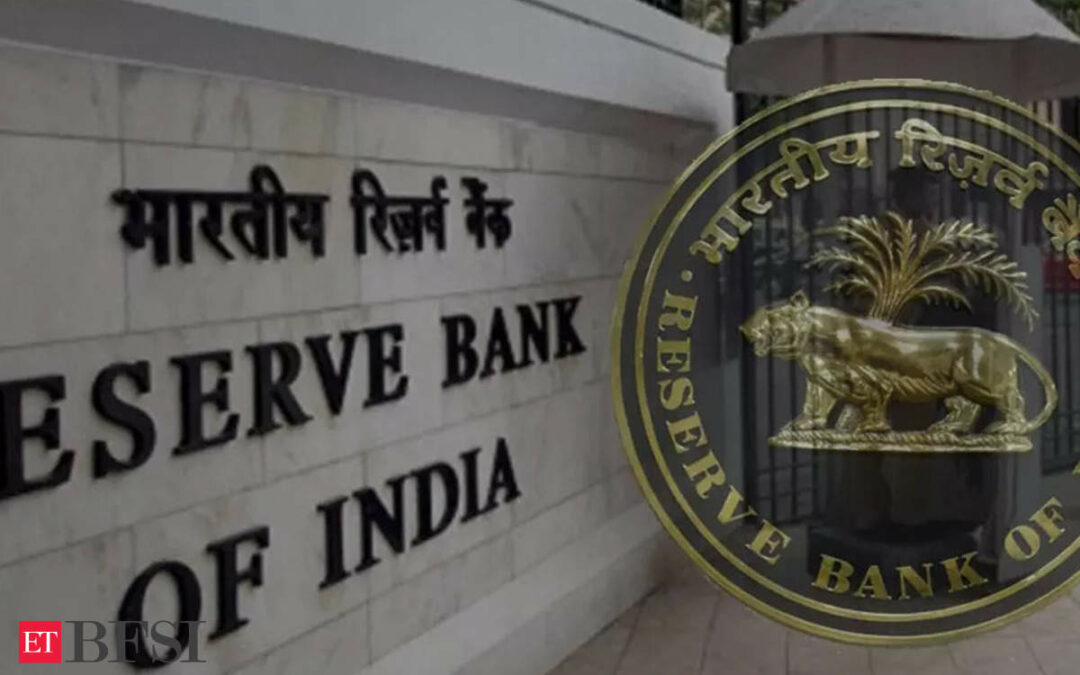Many wealthy Indians were rankled amid festivities by a regulatory communique which could ruffle their plans of parking money with overseas banks. The directive is linked to the issue of resident individuals (RIs) opening fixed deposits (FDs) with banks abroad-a subject that the Reserve Bank of India (RBI) has so far left ambiguous.
On September 10, International Financial Services Centres Authority (IFSCA), the unified regulator for financial markets and services in IFSC GIFT City, spelt out that tenures of FDs of RIs with banks in the financial centre can only be less than 180 days. This was conveyed to all banks running branches (or international banking units) in the GIFT City.
With this, many high net worth individual (HNI) investors could be forced to change tack on overseas investments. “Many residents who have invested in FDs with offshore banks in centres like Singapore and New York, will have to redraw investment strategy. With IFSCA order, banks and their clients face a fundamental question: if something is not permitted in IFSC GIFT, can it be permitted in Singapore and London?
This is because IFSC GIFT, like Singapore or London, is treated as an external jurisdiction from the point of the Foreign Exchange Management Act,”said Rajesh Shah, partner at Jayantilal Thakkar and Company, a CA firm specialising in tax and cross-border regulations. “We expect RBI to clarify this soon so that resident Indians do not unintentionally violate FEMA Regulations.”
Well-heeled residents routinely move money to Singapore, London, Dubai and other financial hubs to open bank accounts and bet on stocks and properties in accordance with the rules laid down under the RBI’s liberalised remittance scheme (LRS) which allows an individual to invest and spend up to $250,000 a year subject to certain dos and don’ts.
However, unlike IFSCA, which has laid down in no uncertain terms that banks in GIFT financial centre cannot offer FDs beyond six months to RIs, RBI regulations do not explicitly clarify when foreign FDs are permissible under LRS.
As per RBI’s new overseas investment guidelines announced in August 2022 and the master circular on LRS, the LRS window cannot be used to invest in unlisted debt and hold idle funds beyond six months. So, today, some banks handling LRS applications allow FDs beyond six months while some don’t (and permit only less than six-month FDs), depending on whether they treat FDs as ‘idle bank balance’ or not.
However, according to Pankaj Bhuta, founder of CA firm PR Bhuta & Co, “Presently, there is no clarity on whether overseas FD is to be treated as an unlisted debt instrument or as akin to bank balance. HNIs should be cautious in placing reliance on IFSC directive to claim that FDs should be permitted up to six-month tenure even outside India.”
For the past two years, banks and professionals have repeatedly asked RBI to clarify whether foreign FDs are allowed under LRS. The point was never clarified by RBI in writing, or addressed in its FAQs. The question that no one has an answer to is: what is holding back RBI from unambiguously laying down the rule?
Over the past few years, regulators have hardened their stance to discourage RIs from transferring large sums to acquire assets abroad. The confusion around FDs and ‘idle funds’, many say, pose hurdles as several banks abroad insist on fairly large, minimum balance to preserve banking relationships.










